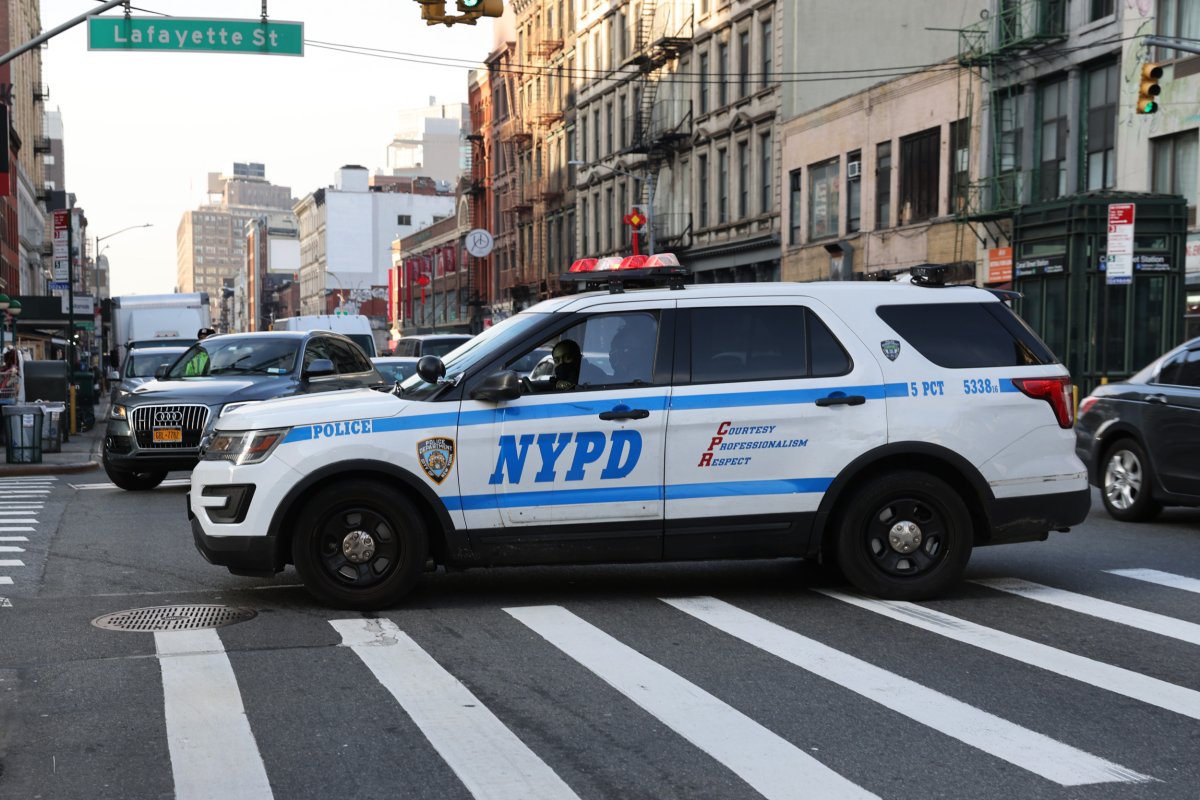For decades, public safety in the United States has been synonymous with policing. Across the country, police budgets have increased in recent decades and the public consistently points to police as the primary solution for addressing violent crime. Simultaneously, police responsibilities have increased, as officers across the country have become America's first line of support for responding to all types of crises, from opioid overdoses to a surge in mental health needs. But despite our emphasis on policing—and despite research showing fair and effective policing is essential to public safety—violent crime in America, and gun violence in particular, is surging in cities across the country. Clearly, relying on policing alone is not the answer.
As a former police chief in Los Angeles and Chicago credited with spurring "true cultural transformation" within the Los Angeles Police Department (LAPD), and as a community safety expert whose worked in cities like Austin, Texas and Philadelphia, Pa., we believe that addressing our gun violence crisis requires that we complement policing with an entirely new pillar of public safety infrastructure in America: community violence intervention (CVI) programs.
To be sure, CVI programs have operated for over two decades and traditionally focused on street outreach work, where credible community members engage directly with individuals at high-risk of gun violence in an attempt to de-escalate conflicts in real time. Now, CVI programs have begun to incorporate comprehensive strategies to address the root causes of violence, including job opportunities, mentorship, and behavioral interventions. But CVI is only beginning to be recognized as integral to the public safety ecosystem—and there are several reasons why we must do more to make it a fixture.
First and foremost, traditional enforcement-based approaches alone have repeatedly proven to be an inadequate response to surges in gun violence and have caused disproportionate harm to Black and brown communities. Despite making up only 12 percent of all people in the United States, Black Americans make up 33 percent of America's incarcerated population. Our nation continues to have the highest incarceration rate in the world, and despite this fact, America saw its largest one-year increase in homicides in 2020 in over 100 years.
Second, cities with the greatest decline in gun violence have also invested the most in CVI. Over the past 30 years, the murder rate in Los Angeles dropped by 64 percent. One of us (Charlie) was LAPD chief during much of that time, and saw firsthand that this decline was driven by the city's investment in CVI, the LAPD's shift toward community policing, and the partnerships the department forged with CVI organizations. In 2007, the LA Mayor's Office established the Office of Gang Reduction and Youth Development to work directly with impacted communities on CVI efforts.
Finally, recent research demonstrates the enormous promise of investing in CVI. A randomized controlled trial of READI Chicago found that the program serves men who live with profoundly high levels of gun violence risk: many were already victims of gun violence and almost all had been arrested previously. After participating in the program, these men experienced 63 percent fewer arrests and 19 percent fewer victimizations for shootings and homicides—decline research found was very likely directly attributable to READI.
Despite the clear need to supplement policing to achieve public safety, and the real promise of CVI programs, the CVI sector lacks equitable funding and the capacity supports needed to scale-up.

In terms of funding, America currently spends $300 billion each year on our criminal justice system. Recent gun legislation passed by Congress invested just $250 million in CVI over 5 years, or .017 percent of what America currently spends each year on policing and incarceration. Dramatically increasing our investment in CVI would save lives and save money. Initial results show READI reduces the social harms from the costliest forms of violence, returning to society $3-$7 for every dollar invested into the program.
But funding alone will not be enough. CVI work is traumatic, dangerous, and often requires community-specific knowledge based on lived experience. Communities have the capacity to solve their own problems, but often lack the necessary infrastructure and support to implement solutions. Access to training, leadership development, and mental health services are critical for CVI leaders on the ground.
That's why the new READI National Center for Safe Communities (recently launched by Chico) is so important. Drawing on lessons learned through READI Chicago, the READI National Center will partner with cities and program providers across the country to provide field support, technical assistance, and leadership development training.
We have an opportunity to fight gun violence, but to do it, we need to make CVI a core pillar of America's public safety strategy. That will require states and cities across the country to match the commitment of program providers and invest in capacity building. If we do that, we can change our nation's approach to gun violence by targeting the causes, not just the symptoms, of this violence.
Charlie Beck is former LAPD and Chicago police chief.
Dr. Chico Tillmon is READI Chicago's executive director.
The views expressed in this article are the writers' own.
Uncommon Knowledge
Newsweek is committed to challenging conventional wisdom and finding connections in the search for common ground.
Newsweek is committed to challenging conventional wisdom and finding connections in the search for common ground.
About the writer
To read how Newsweek uses AI as a newsroom tool, Click here.






